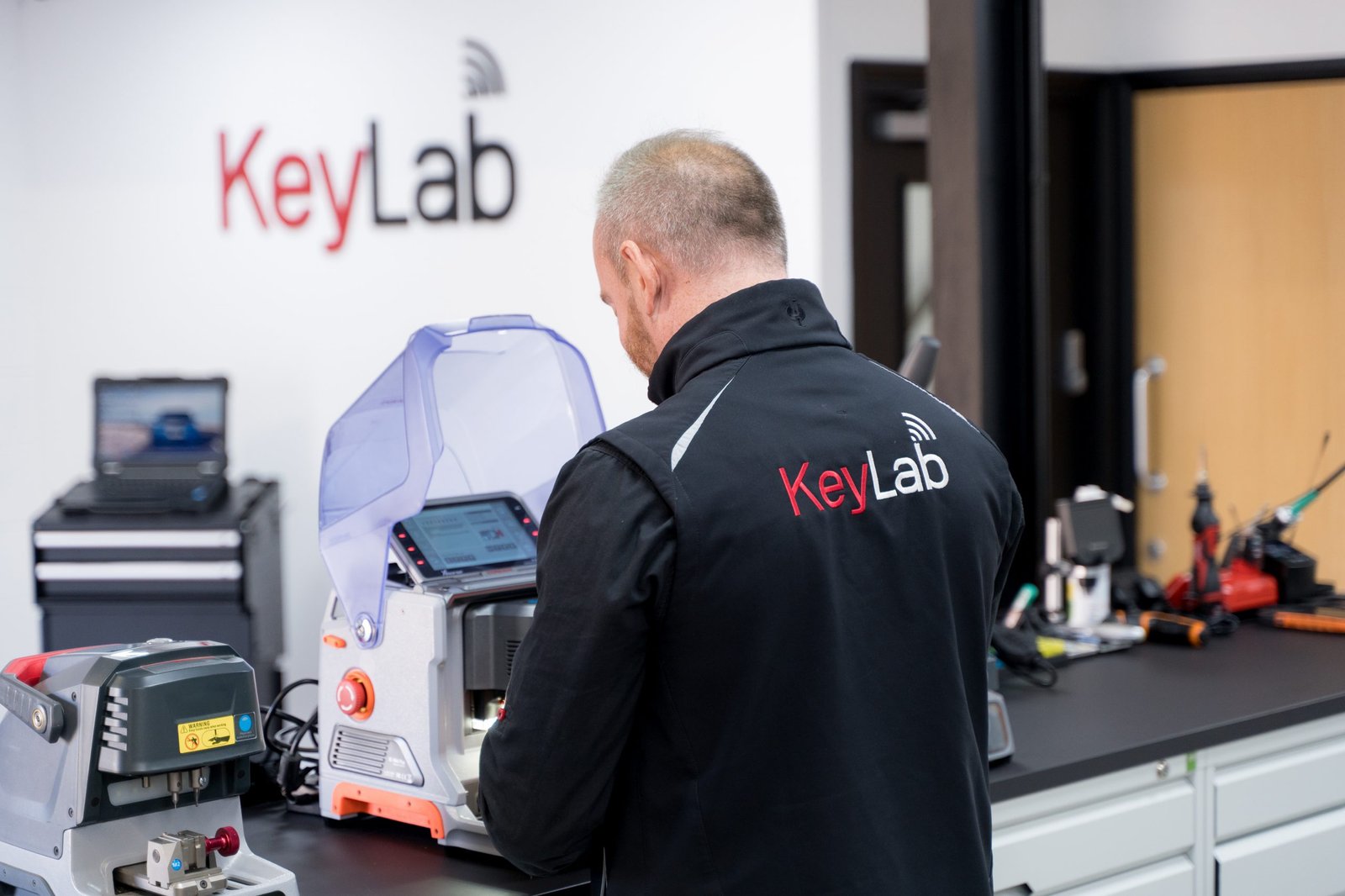How Key Replacements Became The Hottest Trend Of 2024
Comprehensive Guide to Car Key Replacements: Understanding Your Options
In today's busy world, losing or harming a car key is a significantly typical affair. Car key replacements have actually progressed significantly over the years with improvements in technology, and car owners now have a variety of choices to think about. This article will explore the different types of car keys, techniques for replacement, expense implications, and other vital considerations for car key replacements.
Types of Car Keys
Understanding the kinds of car keys is vital for understanding the replacement options offered. Below is a summary of the numerous types:
Type
Description
Standard Key
A non-electronic key that mechanically opens the door and ignition.
Transponder Key
A key embedded with a microchip that communicates with the car's ignition system for added security.
Key Fob
A remote control utilized to unlock doors and start the engine wirelessly. Often includes a transponder chip.
Smart Key
Allows keyless entry and ignition, using distance sensing units and advanced innovation.
Valet Key
A limited key that limits access to specific functions of the vehicle, generally utilized by parking attendants.
Comprehending the Replacement Process
When it concerns car key replacements, it is vital for car owners to be knowledgeable about the alternatives offered. The following approaches highlight how car keys can be replaced:
1. Dealer Replacement
- Process: The vehicle owner checks out the dealer and provides evidence of ownership. The dealer may require the Vehicle Identification Number (VIN) and extra recognition.
- Pros: Trusted source, guaranteed compatibility, frequently includes shows.
- Cons: Typically the most pricey alternative.
2. Expert Locksmith
- Process: A licensed locksmith professional checks out the car location or runs from their shop. They cut and program the replacement key.
- Pros: Generally cheaper than dealers and can offer a range of key options.
- Cons: Limited capability for some advanced keys and fobs, may not have OEM (Original Equipment Manufacturer) parts.
3. Diy (DIY)
- Process: Car owners can buy key blanks and programming sets online or from hardware stores. Follow particular guides for programs.
- Pros: Cost-effective and hassle-free.
- Cons: Risk of errors, lack of professional quality, and potential security concerns.
4. Mobile Key Cutting Services
- Process: Mobile services pertain to your area to cut and set keys.
- Pros: Convenient and often more cost effective.
- Cons: May need a waiting duration, and prices differ based on range and service quality.
5. Insurance Coverage
- Process: Some vehicle insurance plan cover losses due to stolen or lost keys.
- Pros: Potentially significant cost savings.
- Cons: Coverage limits and potential deductibles might apply.
Factors Influencing Replacement Costs
The expense of replacing a car key can differ widely depending upon numerous elements, such as:
- Type of Key: Traditional keys are typically less costly to replace than transponder keys or clever keys.
- Design and Make of Vehicle: Luxury and newer models may have higher replacement expenses due to advanced technology.
- Place: The average market rates for locksmith services or dealerships can affect rates.
- Key Programming: Programming expenses may be separate from key cutting costs.
Here's a general breakdown of replacement costs:
Estimated Costs of Car Key Replacement
Key Type
Approximated Cost Range
Standard Key
₤ 5 – ₤ 25
Transponder Key
₤ 50 – ₤ 300
Key Fob
₤ 50 – ₤ 600
Smart Key
₤ 200 – ₤ 600
Valet Key
₤ 10 – ₤ 30
Necessary Considerations
While checking out car key replacements, it's vital to take note of the following:
- Proof of Ownership: Always have documentation that proves ownership when looking for a replacement.
- Security Concerns: Keep in mind that lost keys posture security dangers; if there's a concern, consider rekeying locks.
- Service warranty and Insurance: Check if your car is under service warranty and if it covers key replacements.
- Future Security: Consider upgrading to more safe and secure choices like clever keys if your vehicle supports it.
Frequently Asked Questions About Car Key Replacements
Q1: Can I replace my car key myself?A1: Yes, it is possible to replace your car key yourself, particularly if you buy key blanks and have programs tools. However, ensure you follow guidelines precisely to prevent problems.
Q2: How long does it take to replace a car key?A2: Replacement time depends upon the method used. Lost Car Key Replacement may take longer due to programs, while mobile locksmith professionals can typically do it on-site within minutes.
Q3: What should I do if I lost my car key?A3: If you lose your car key, examine your needs and pick a replacement method. Think about contacting a locksmith or your vehicle's car dealership for next steps.
Q4: Are replicate keys thought about replacements?A4: No, duplicates are copies of existing keys, while replacements are new keys made when the initial is lost, broken, or not functioning.
Q5: Will my car's alarm be affected if I replace the key?A5: It depends on the key type. Typically, an effectively programmed replacement will not impact the alarm. Nevertheless, some keys might need to be synced or programmed to the alarm.
Car key replacements are more uncomplicated than they have ever been, yet understanding the numerous alternatives and their implications can conserve money and time. By acquainting oneself with the types of keys, the replacement procedure, and potential expenses, car owners can navigate this challenge with greater ease. Whether selecting a dealership, locksmith, or a DIY method, remaining notified makes sure smarter choices for securing vehicular access.
